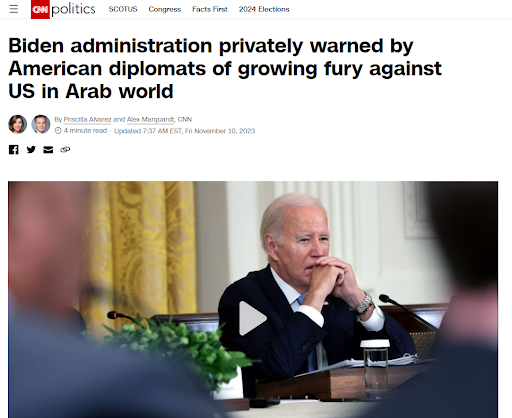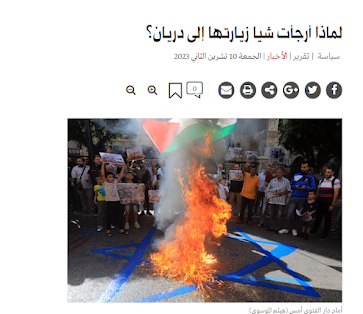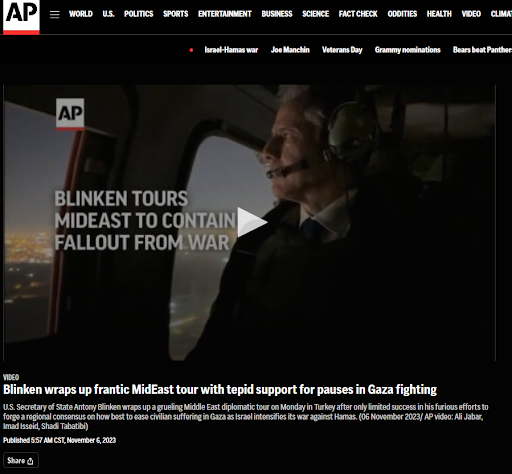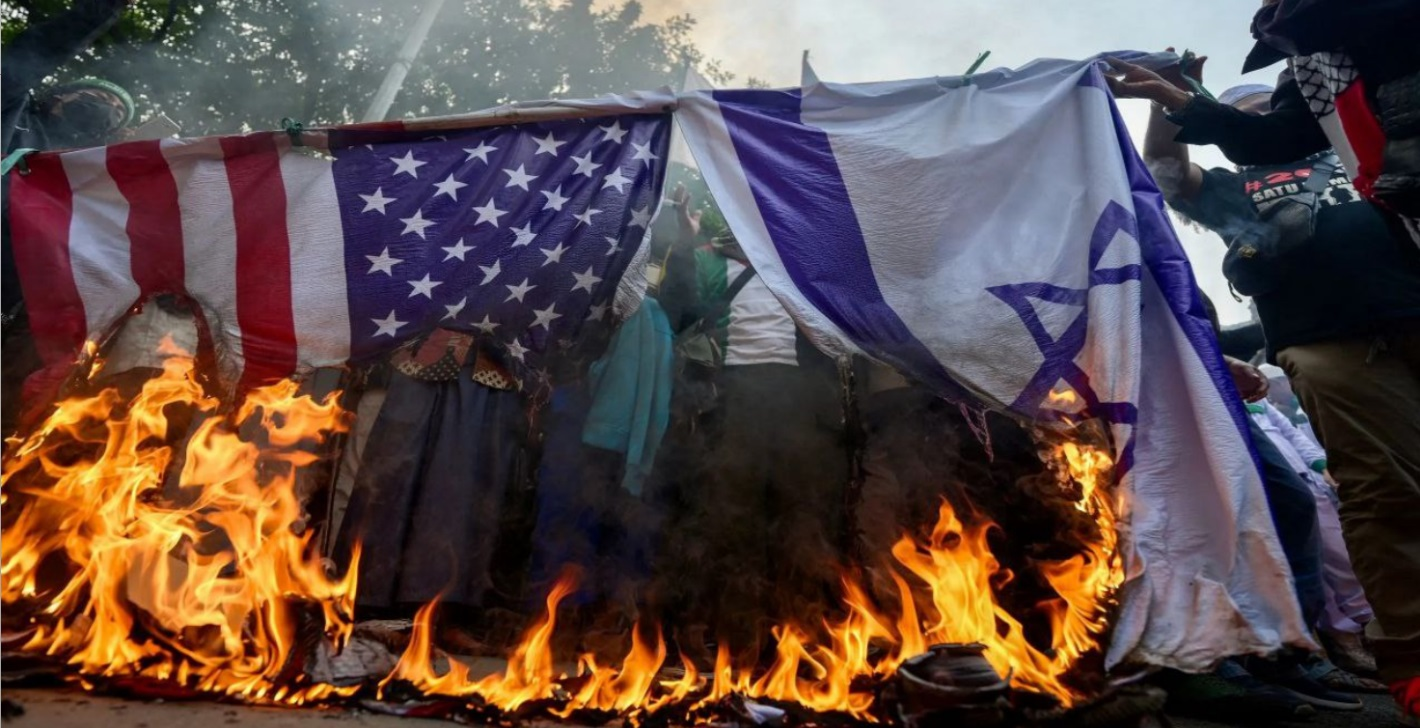
Israeli media: Israeli politicians should thank Jordan; Jordan summons Iran's ambassador to protest
"While Netanyahu shows nothing but ingratitude towards Biden, the Iranian attack produced the most significant show of support in the history of Israeli-U.S. relations. It also proves the importance of a regional alliance of moderates, including the Palestinians." said the daily Haaretz.
Meanwhile, on Sunday, the Jordanian Ministry of Foreign Affairs summoned the Iranian ambassador in Amman and asked his country to stop “questioning” Jordan’s positions on the Palestinian issue after the Kingdom announced the interception of “flying objects” during the Iranian attack on Israel.
Foreign Minister Ayman Al-Safadi said, “Today (Sunday) the ministry summoned the Iranian ambassador and sent him a clear message that these insults to Jordan must stop, and this questioning of Jordan’s positions must stop.”
He added, "Unfortunately, there were offensive statements (against Jordan) by the Iranian media, including the Iranian official news agency."
Al-Safadi explained that "Iran's problem is with Israel and not with Jordan, and neither Iran nor anyone else can outbid what Jordan is doing, what it offers, and what it has provided historically for Palestine."
He stressed that "if this danger was coming from Israel, Jordan would take the same action it did, and this is a position we confirm clearly and frankly, and we will not allow anyone to endanger the security of Jordan and the Jordanians."
Jordan confirmed on Sunday that it had intercepted "flying objects" that violated its airspace on Saturday night, coinciding with the missile and drone attack launched by Iran on Israel.
Video clips showed the interception of objects in the Kingdom's airspace during the night, at a time when the remains of at least one missile fell in the Marj Al-Hamam area in the Jordanian capital. Users of social media platforms in the Kingdom also shared video clips showing the wreckage of another missile in the Al-Hasa area in the Tafila Governorate in the south of the Kingdom.
Iran launched more than 300 drones and missiles at Israel on Saturday night, in the first attack launched by Iran directly from its territory on Israel, and not through groups loyal to it. It came in response to a missile attack that targeted the consular section of the Iranian embassy in Damascus at the beginning of this April.
Related, French President Emmanuel Macron revealed on Monday that his country used its base in Jordan to intercept Iranian air targets during the attack on Israel, at the request of the Jordanian authorities.
The French President said, in a television interview, that his country's forces stationed in Jordan intercepted Iranian drones and missiles that were heading to Israeli sites, explaining that the French planes were launched from a French base that has been on Jordanian territory for years.
Yesterday, Sunday, the Jordanian government announced that it was “dealing with some flying objects” that entered the country’s airspace, in reference to the drones and missiles that Iran launched against “Israel.”
Israeli media described the Jordanian move as “historic cooperation,” adding that “for the first time, military cooperation between the two parties is taking place publicly.”
Iranian official: Jordan opening its airspace to Israel against Iran is a strategic mistake
Mehr News Agency quoted the Deputy Chairman of the National Security and Foreign Policy Commission of the Iranian Shura Council, Shahriar Heydari, as saying, “The Jordanian government’s opening of its country’s airspace to the Zionists to confront Iranian attacks is a strategic mistake.”
Haidari added, "At least Jordan could have remained silent or even supported Iran's legitimate defense against the Zionist entity."
These statements come after the Jordanian Foreign Ministry announced - last Sunday - that it had summoned the Iranian ambassador to Amman, and asked his country to stop “questioning” Jordan’s positions on the Palestinian issue after the Kingdom announced the interception of “flying objects” during the Iranian attack on Israel.
Foreign Minister Ayman Al-Safadi said at the time, “Unfortunately, there were offensive statements (against Jordan) by the Iranian media, including the Iranian official news agency.”
He added, "Iran's problem is with Israel, not with Jordan. Neither Iran nor anyone else can outbid what Jordan is doing, what it is offering, and what it has provided historically for Palestine."
He stressed that "if this danger was coming from Israel, Jordan would take the same action it did, and this is a position we confirm clearly and frankly, and we will not allow anyone to endanger the security of Jordan and the Jordanians."


















































